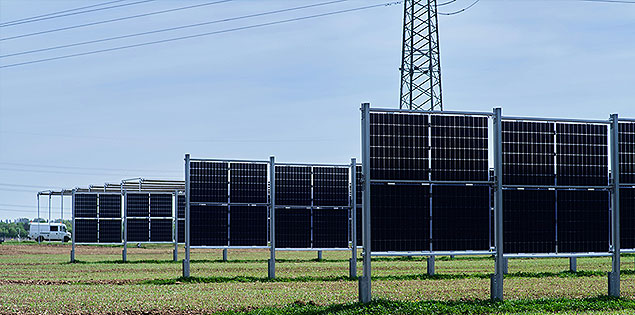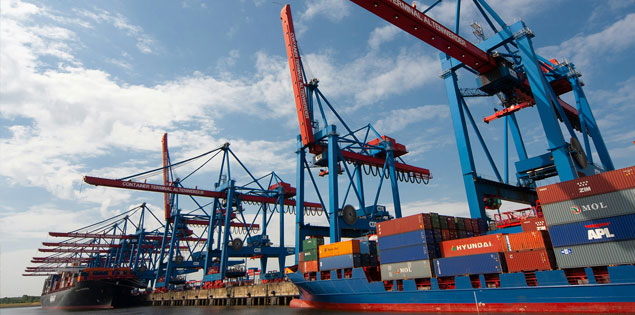Unlocking funding solutions for climate-vulnerable communities (SIDS, LDCs and EMDEs) Climate change imposes irreversible impacts on vulnerable nations, particularly Small Island Developing States (SIDS), Least Developed Countries (LDCs), and emerging market and developing economies (EMDEs), where adaptation measures fall short. …
Blogs
Building sustainable capital markets
•
December 24, 2025
Capital markets are platforms where financial securities such as stocks, bonds, and other long-term instruments are issued and traded. They serve as critical conduits for channelling surplus funds from investors to businesses, governments, and infrastructure projects that require capital, thereby …

January 2, 2026
Unlocking funding solutions for climate-vulnerable communities (SIDS, LDCs and EMDEs) Climate change imposes irreversible impacts on vulnerable nations,...

December 24, 2025
Capital markets are platforms where financial securities such as stocks, bonds, and other long-term instruments are issued and traded. They serve as critical...

December 17, 2025
Addressing emissions across the entire value chain has become a central priority for organisations as global focus on climate change intensifies. Regulators,...

December 10, 2025
As South Africa assumes the G20 presidency with its theme “Solidarity, Equality, Sustainability,” the country stands uniquely positioned to...

December 3, 2025
Why must gender and climate action go together? As global warming worsens, so do the economic and social costs associated with it. These costs impact different...

November 24, 2025
Landscape Small Island Developing States (SIDS) are on the frontlines of the climate crisis. Despite contributing minimally to global emissions – less...

August 14, 2025
Emerging markets and developing economies (EMDEs) are at the centre of a global sustainable development challenge. These countries face slow growth, rising...

August 1, 2025
Green trade financing and market share The global green economy is valued at US $7.9 trillion, comprising 8.6% of listed equity markets, while outstanding...

July 18, 2025
The Sustainable Development Goals (SDGs), adopted in 2015 by all UN member states, represent a shared commitment to protect the planet, eradicate poverty,...

July 9, 2025
The blog highlights how climate-vulnerable SIDS can benefit from nature-based solutions like mangroves and coral reefs but face persistent financing gaps....

May 19, 2025
The blog discusses India’s intensifying heatwaves and the limitations of current Heat Action Plans. It notes challenges like underfunding, weak legal frameworks,...

May 13, 2025
The blog explores the potential of green hydrogen but notes slow project progress due to high costs and financing barriers. It highlights that most projects...

April 22, 2025
The blog explains how transition finance is vital for decarbonizing hard-to-abate sectors responsible for major global emissions. It stresses that the...

April 11, 2025
The blog explores the potential of green hydrogen but notes slow project progress due to high costs and financing barriers. It highlights that most projects...

March 27, 2025
The blog highlights how climate-vulnerable SIDS can benefit from nature-based solutions like mangroves and coral reefs but face persistent financing gaps....

March 19, 2025
The rise of sustainability-linked instruments (SLIs) in emerging markets marks a transformative shift in how financing is aligned with sustainability objectives....

February 27, 2025
India ranks first among flood-prone nations in Asia, with over 622.1 million people exposed to flood risks. More than 40 million hectares of land—over...

February 18, 2025
The Carbon Border Adjustment Mechanism (CBAM) is a significant initiative by the European Union (EU) aimed at addressing carbon emissions associated with...

February 7, 2025
The concept of just transition considers the disparities and inequalities that may accompany the transition to a low-carbon economy. As countries strive...
No posts found

